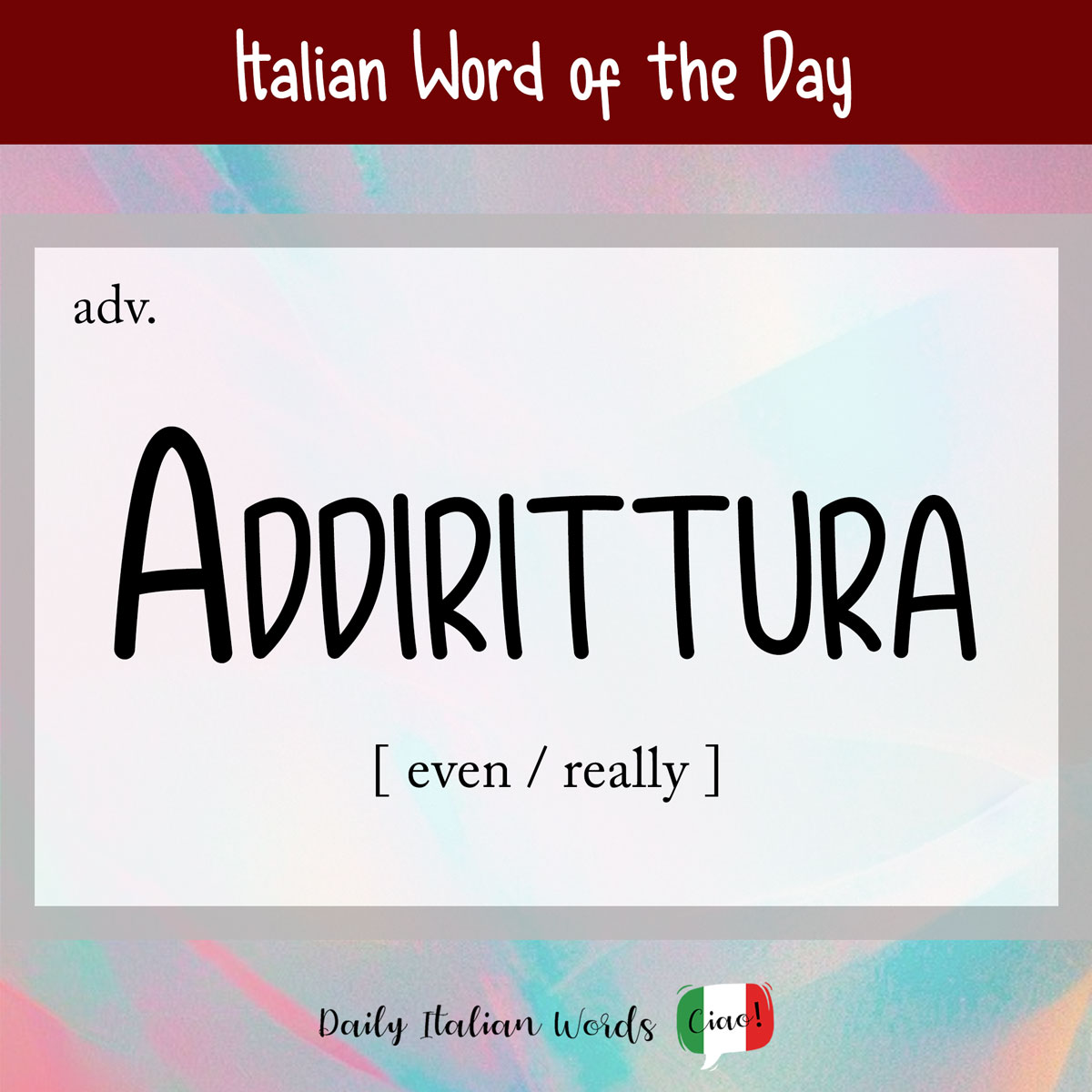Italian Word of the Day: Dentro (inside / into / within / indoors)
Today, we’re exploring a highly versatile word that can function as a preposition, an adverb, and a noun: dentro. Depending on the context, it can be translated as inside, into, within, indoors, or simply in. dentro inside / in / within / into / indoors According to strict grammar rules, dentro, when used as a …






